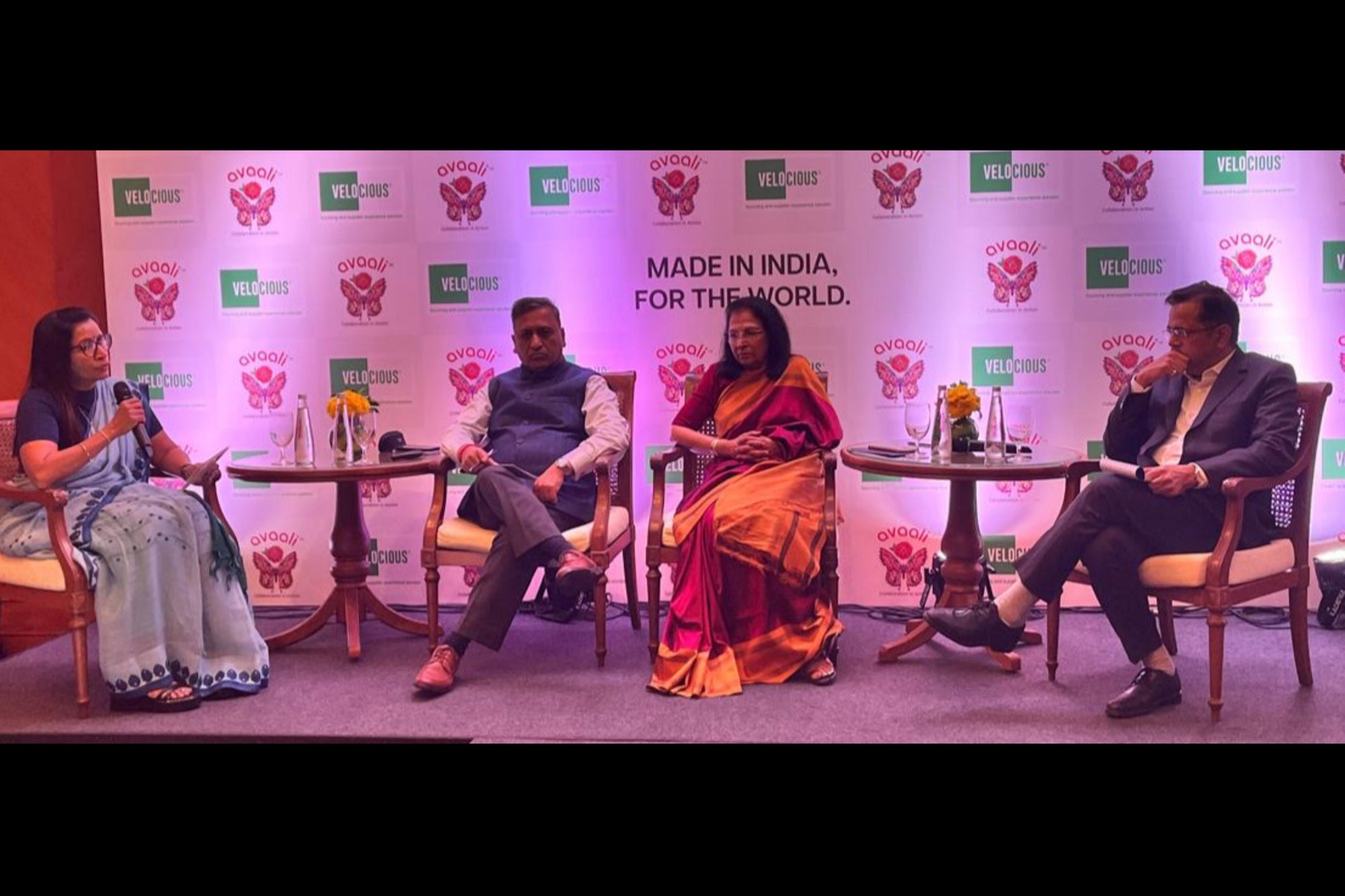Rare Earth Curb To Affect Smartphone Makers, Price Hike Likely: Experts If the situation persists, smartphones might see fewer advanced features, supply chain disruptions, or increased costs
Opinions expressed by Entrepreneur contributors are their own.
You're reading Entrepreneur India, an international franchise of Entrepreneur Media.

As new restrictions on rare earth magnets imposed by China are starting to choke India's auto sector – heavily dependent on the import of the magnets – another sector which can be affected in the near future is smart phones. Smartphone makers might try to absorb the hit for a while, but if disruptions continue, it can lead to price hikes or even delays in new launches.
In smartphones, magnets made from Neodymium and Dysprosium are used in speakers and microphones, haptic motors, and camera modules for OIS, etc. China holds almost a monopoly in processing rare earth elements. These rare earth metals are specially used to make powerful small size magnets that are found in almost every smartphone's components like in speakers, vibration units and display systems. As China tightens exports citing national security reasons, it has effects across the world.
The problem: Price hike, delay in new launches
"For India, this could lead to delays in getting key components or paying more to source them. Right now the bigger impact is being felt by sectors like electric vehicles but smartphones may also face similar issues in the coming time," said Munish Vaid, vice president, Primus Partners.
Most Indian smartphone manufacturers depend on global supply chains which trace back to China. Therefore, even if India is not directly buying the raw material, any disruption at the source will affect the country.
"While some of the final assembly for these components happens in India, rare earth magnet assembly for OIS, haptics, etc., is done outside India. While the auto sector might face the immediate effect of shortages and supply chain disruptions. Smartphones, although using less volume per unit of these magnets, given the sheer volume of smartphones produced, could see fewer advanced features, supply chain disruptions, or increased costs if the issue persists," said Parv Sharma, Senior Analyst, Counterpoint Research.
China's curbs on rare earth exports threaten not only India but also global supply chains. With China controlling about 60 percent of global rare earth mining and over 90 percent of processing capacity, countries are likely to face bottlenecks, despite efforts on localizing production. If the situation drags on, the costs of smartphones are likely to go up.
"Smartphone makers usually plan ahead and have stock for a few months, but rare earth magnets are used in components like speakers and motors that are hard to replace on short notice. If Chinese exports slow down or prices rise, that added cost will eventually add up in the final product. It may not be huge at first, but for low-end smartphones, where margins are thin, these can either reduce margins for companies or consumers will have to bear the burden of price rise," explained Vaid.
How can India seek immediate relief
Indian OEMs and Tier-1 suppliers are likely to accelerate efforts to diversify rare earth sourcing from regions such as Australia, Africa, and Myanmar. In the short run, India should look at building reserves and sourcing from other friendly countries such as Vietnam, Malaysia, Russia or Brazil. These countries have rare earth deposits and are eager to reduce global dependence on China.
India already has some rare earth reserves of its own. "We need to ramp up local processing and manufacturing capabilities. The government's production-linked incentive (PLI) schemes could be expanded to support this space. Also, we should invest in recycling, old smartphones and electronics contain magnets that can be reused if we set up the right infrastructure. At the same time, our manufacturers and tech companies need to innovate," Vaid added.
"We expect a stronger push to develop domestic refining capabilities. The government may also ramp up exploration and extraction of rare earth reserves in Andhra Pradesh and Odisha to strengthen long-term self-reliance in critical materials," said Soumen Mandal, senior analyst, Counterpoint Research.
According to IDC, in the first quarter of 2025, India's smartphone shipments reached 32 million units. The number of phones made in India every year is big, hence, even a small increase in component prices can add up quickly. "With newer smartphones packing in more features, like better sound, stronger vibrations and advanced displays, the reliance on rare earths is increasing. The impact may not be as huge as in cars, but it is something that could affect both pricing and innovation down the line," Vaid explained.
There will be challenges in the near term to increase value addition in India — in the longer-run India will have to look for alternative sources — increase local production and recycle to de-risk from the global supply chain.












